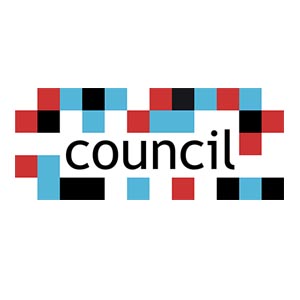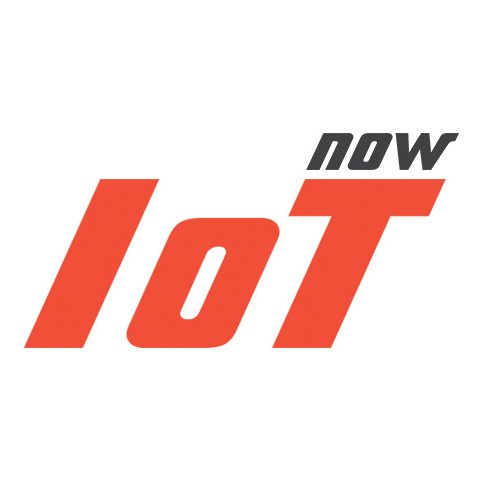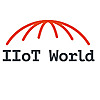
The Internet of Things (IoT) has been a game-changer for commercial pools with achievements transforming the way we currently monitor, maintain, and ensure the safety and compliance of water and equipment. The use of sensors, AI, and data for real-time monitoring of chemicals, equipment status, and water temperature and quality has vastly improved how pools are managed overall, with cloud-based technology swimming laps around manual pool maintenance by making it ‘smarter’.
IoT facilitates cleaner, safer, more compliant pools at facilities like hotels and luxury resorts, local municipalities and multi-family communities, and even fitness centers and water parks to ensure they are always ready to be enjoyed by patrons. And those tasked with maintaining aquatic systems – generally the facility engineer with many other responsibilities – experience an easier way to keep track of everything, while reducing downtime, lowering maintenance costs, and improving water quality and safety according to a recent study by Springer.
Benefits of Commercial Pools in the Cloud
Compared with manual commercial pool maintenance practices, IoT-based systems offer many practical advantages. The core technology is a modular network of IoT-connected sensors that detect equipment issues and water leaks before they lead to costly breakdowns, with the timing of maintenance based on actual usage and equipment condition. These smart systems can optimize heating, lighting, and filtration to ensure energy is used efficiently and cost-effectively. They provide remote, real-time monitoring of water quality parameters such as pH, chlorine levels, and temperature to reduce the risk of accidents, injuries, and illnesses associated with poor water quality. And unlike manual processes that are prone to human error, IoT makes it possible and much easier for facilities to remain compliant with local, state, and federal pool standards to protect guests from common pool hazards and maintain a facility’s reputation as a trusted, top-performing commercial pool.
Facility engineers appreciate the efficiency IoT-based systems provide, from access to historical data to being able to identify trends and patterns to predict and address issues before they occur. This is especially valuable for facilities with multiple pools or for those overseeing remote locations. This automation also applies to routine tasks associated with pool maintenance, such as scheduling and tracking maintenance, streamlining communication, and improving collaboration to enhance overall team efficiency by reducing the workload of maintenance personnel.
IoT for Water and Energy Conservation Under the Surface
In addition to monitoring water quality and temperature in real-time, IoT sensors ensure that water treatment systems are efficiently utilized, reducing the need for excessive chemical usage and water waste that can be caused by leaks in the pool plumbing system. Smart devices and sensors are also integrated with pool equipment, such as pumps and heaters, to optimize energy consumption with the ability to adjust settings based on demand, weather conditions, or occupancy, leading to significant energy savings. For example, pumps and filtration systems can be programmed to operate during non-peak hours or when needed, minimizing energy usage and extending the lifespan of equipment.
Jumping into the Deep End of the Cloud
According to the latest edition of the Deloitte Future of Cloud Survey, 90 percent of companies surveyed believe the cloud is essential for growth, especially when used in combination with other technologies such as AI, IoT, and analytics. Case studies from major hotel and water park operators further demonstrate that an investment in state-of-the-art technology has made commercial pool maintenance safer and more compliant, efficient, sustainable, and labor and cost-efficient. By leveraging the benefits of IoT, commercial pool maintenance personnel can work smarter, not harder, and deliver better and more timely results.
In the not-too-distant future, current commercial pool water management systems in the cloud will be able to integrate with access control systems and surveillance cameras to enhance overall safety and security. If a pool is overcrowded, for example, the system could alert staff to enforce capacity limits. Cloud-based technology will also play a bigger role in enhancing the user experience by allowing facility guests to get real-time information on their phones about water quality through an app and even allow swimmers to check the pool’s occupancy before heading to the pool.
The more commercial pools adopt IoT technology, industry standards and best practices are likely to evolve and this shift towards a technology-driven approach will lead to a more exciting and ground-breaking innovation to enhance the industry and user experience.




 New Episode
New Episode





 Latest IoT News
Latest IoT News









